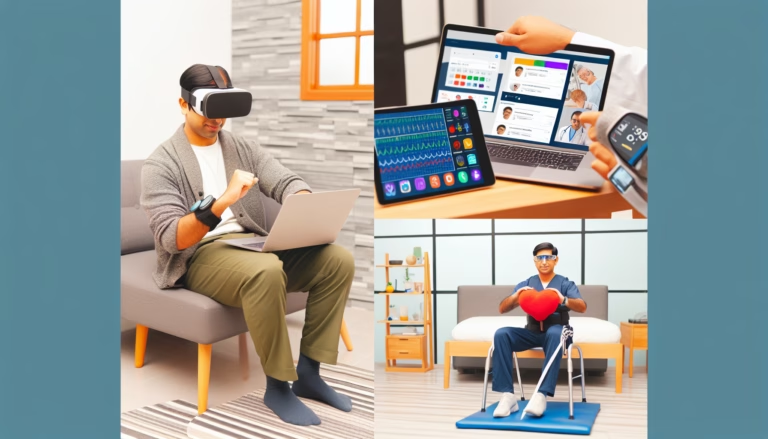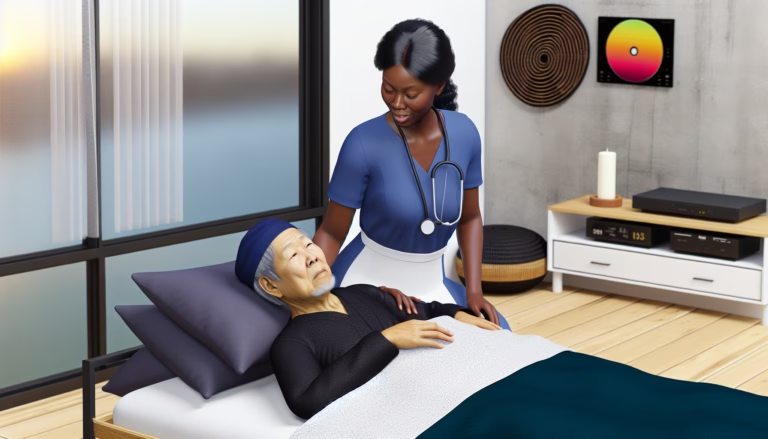As many people now look towards home-based healthcare options, understanding how telemedicine works and the potential benefits has become increasingly important. This blog post will explore what telemedicine is, when it’s appropriate to use, and how it might shape the future of home healthcare.
What is Telemedicine?
Telemedicine involves the remote diagnoses and treatment of patients by healthcare professionals, typically through digital communication platforms. Traditional face-to-face consultations are replaced with video calls, text chats, or telephone conversations. This shift allows patients to receive medical advice and care without leaving the comfort of their homes, while healthcare providers can reach a wider patient base, overcoming geographical boundaries.
When is Telemedicine Appropriate?
Telemedicine is a great option for routine check-ups, follow-up appointments, management of chronic illnesses, and mental health services, among others. It’s especially beneficial in cases when patients are unable to visit healthcare facilities due to illness severity, transportation issues, or environmental factors such as the COVID-19 pandemic. However, it’s essential to remember that telemedicine doesn’t replace emergency services. If you experience a health crisis, always call local emergency services immediately.
The Pros of Telemedicine
Telemedicine offers numerous benefits. For patients, it reduces travel time and wait periods, offers access to specialists regardless of location, and provides a convenient way to manage chronic illnesses. For healthcare providers, it helps manage patient load and enhances healthcare delivery through digital technology.
The Future of Home Health Care and Telemedicine
With continuous advancements in technology, we can expect an increased integration of telemedicine into home healthcare. This will not only transform the way care is delivered but also enable more personalized, efficient, and holistic care. However, equally important is the need to mitigate possible challenges such as data security and accessibility for older adults or those unfamiliar with technology.
In conclusion, telemedicine plays a crucial role in delivering healthcare in the 21st century. It provides a viable solution to accessibility challenges and creates an environment where everyone can receive the necessary medical care. While there are challenges to be addressed, the future of home healthcare through telemedicine holds much promise.



